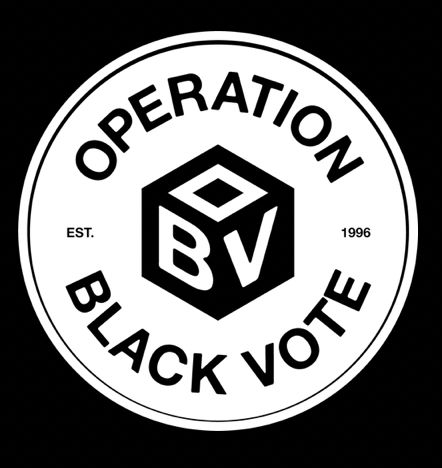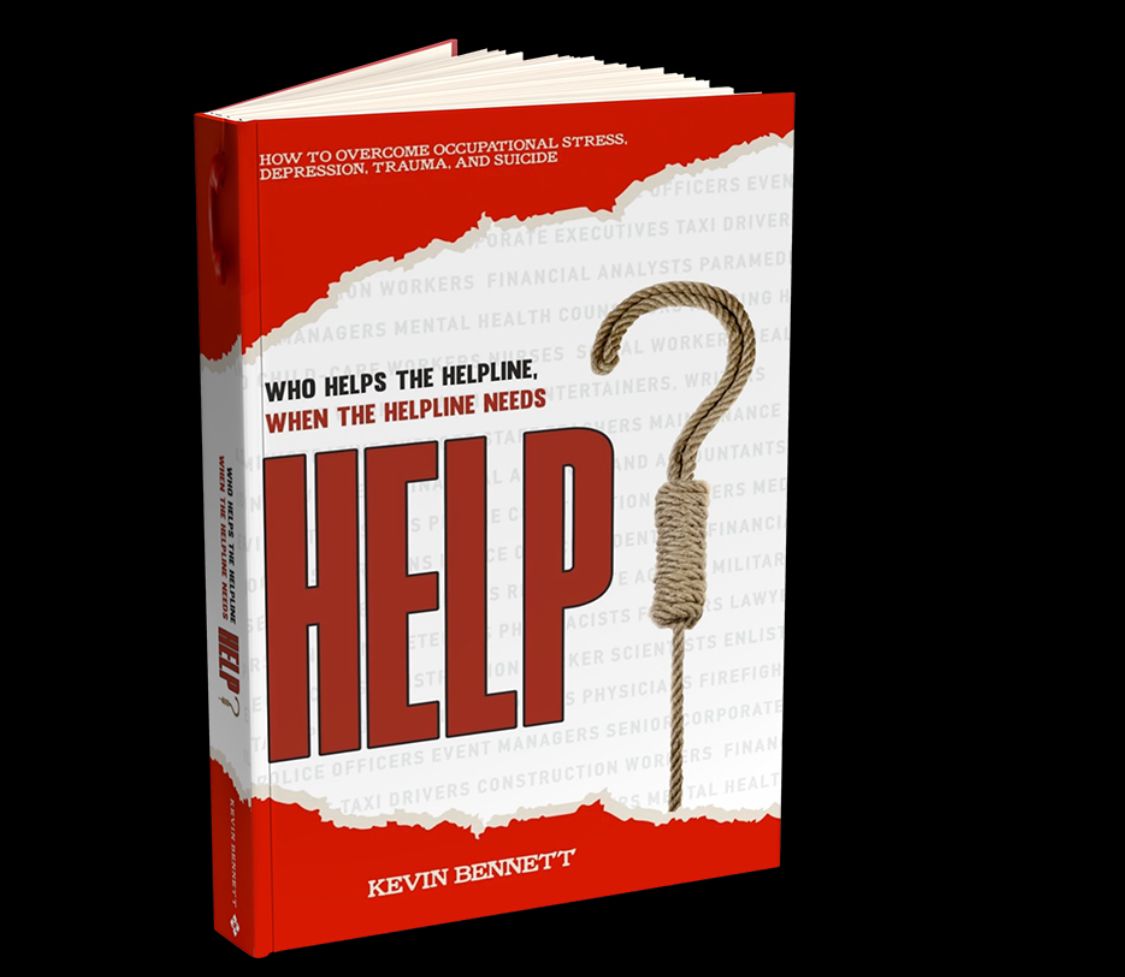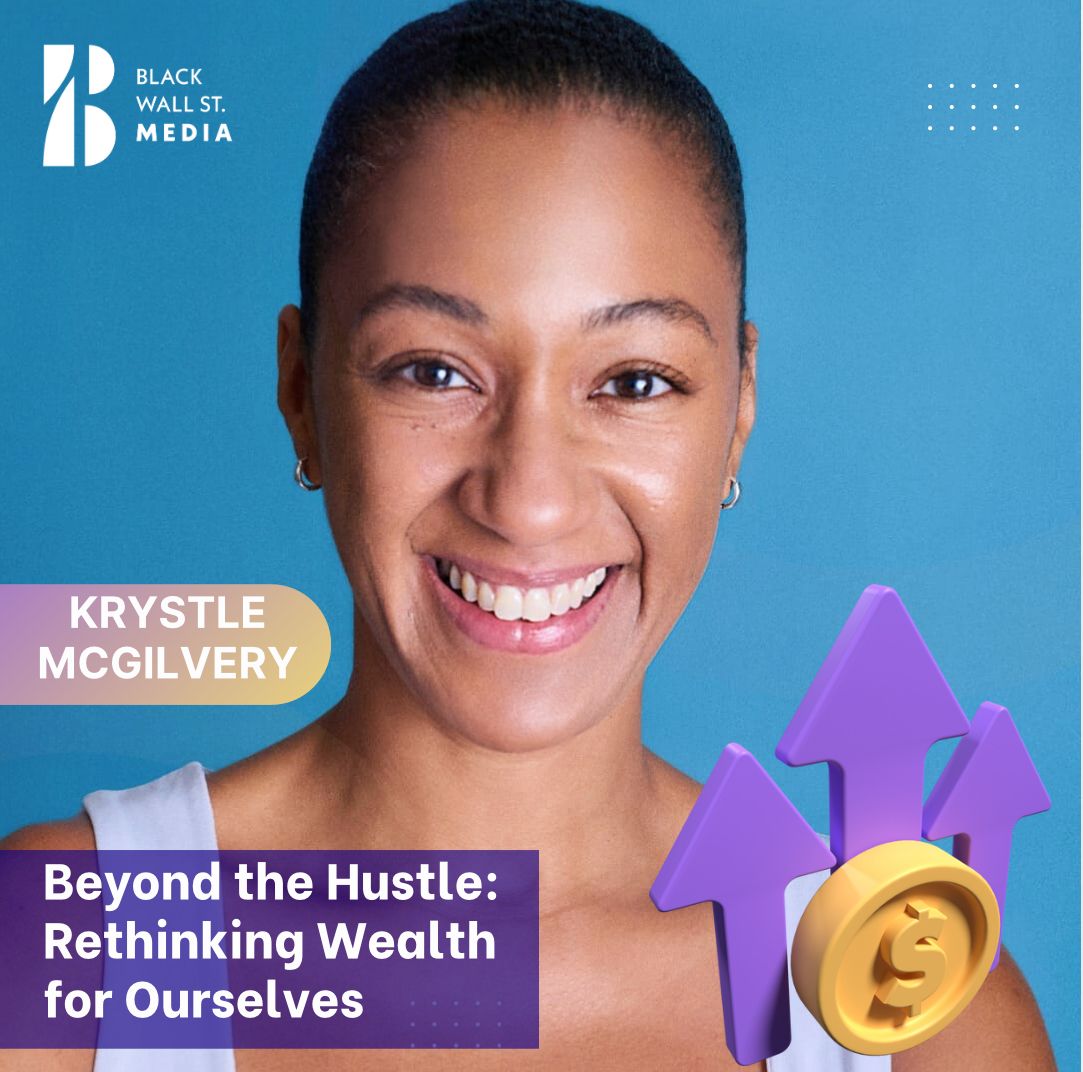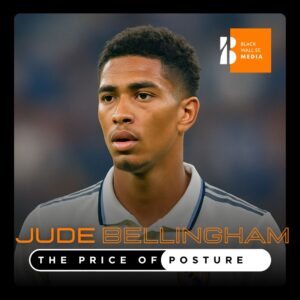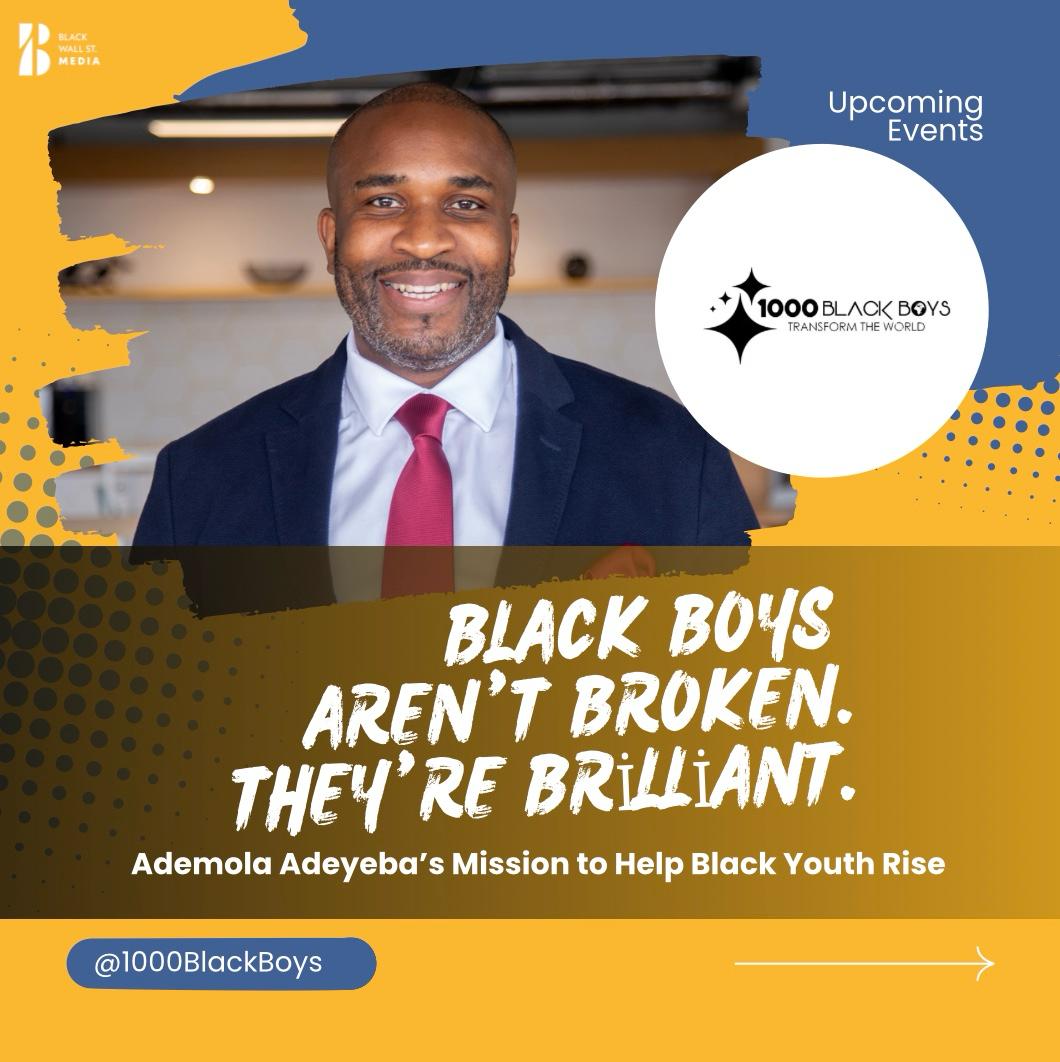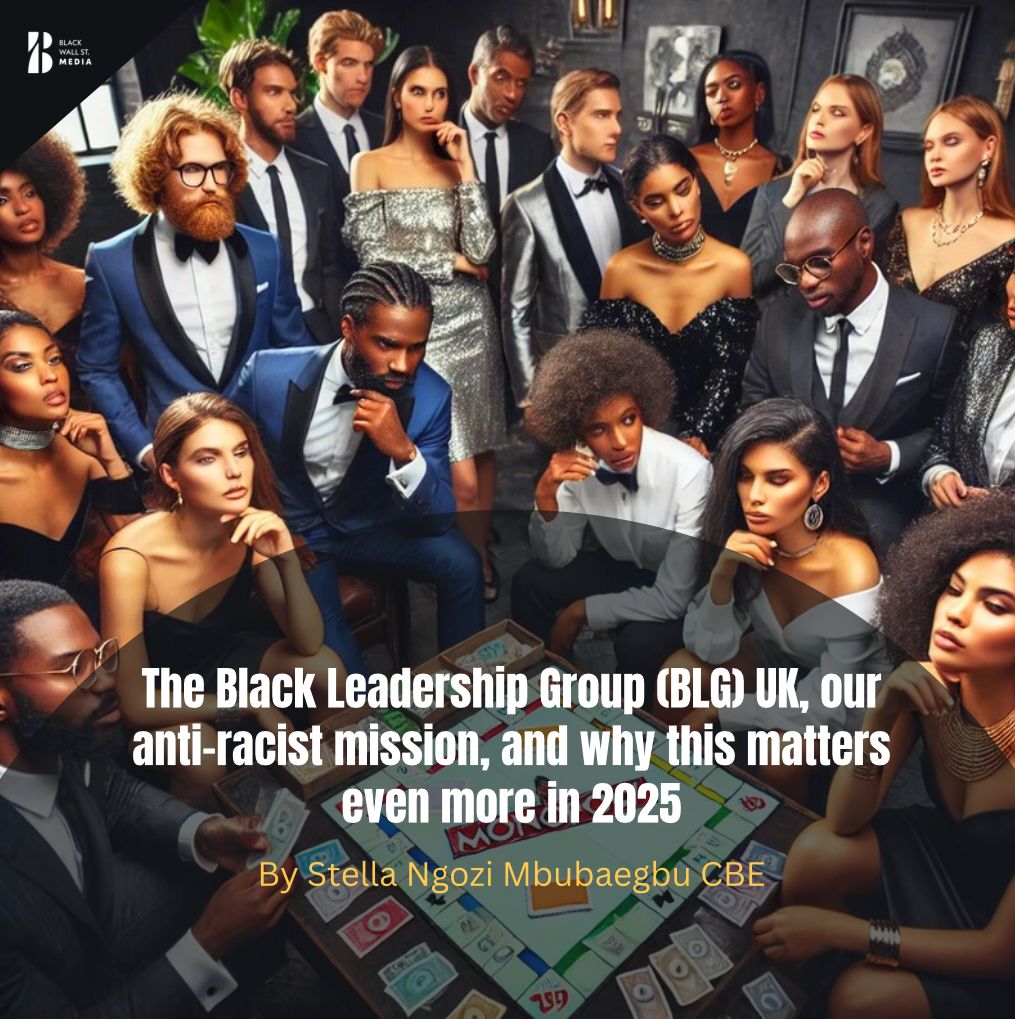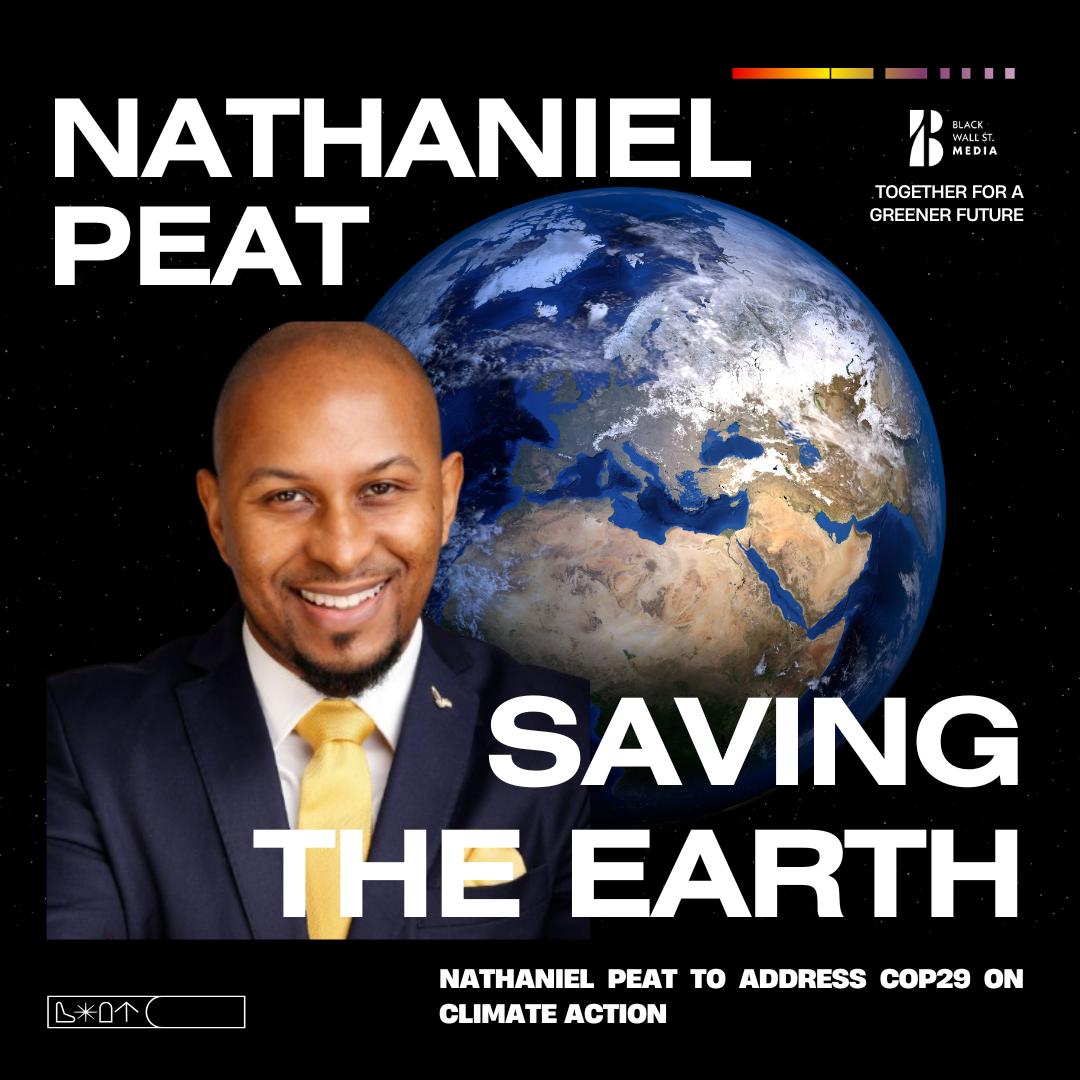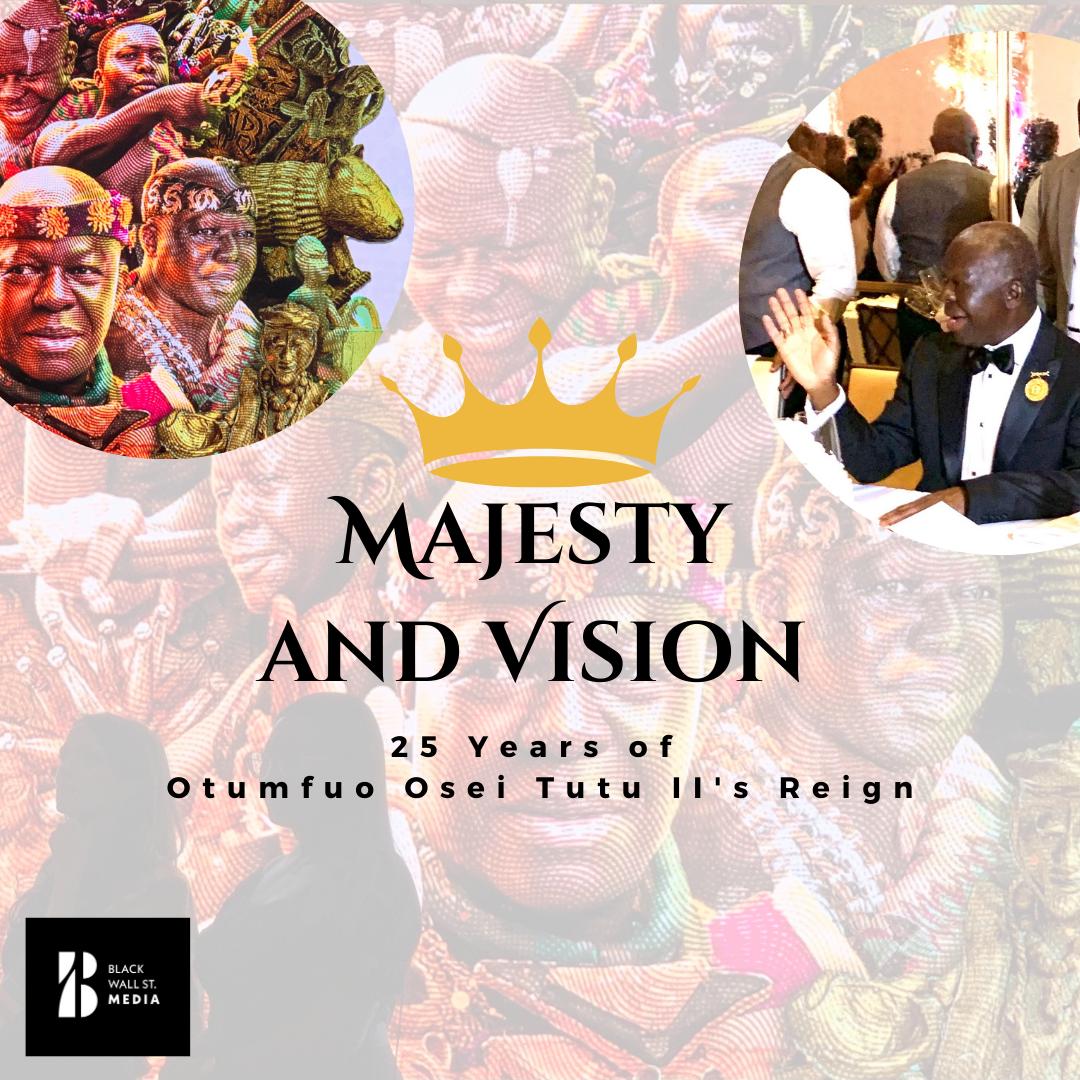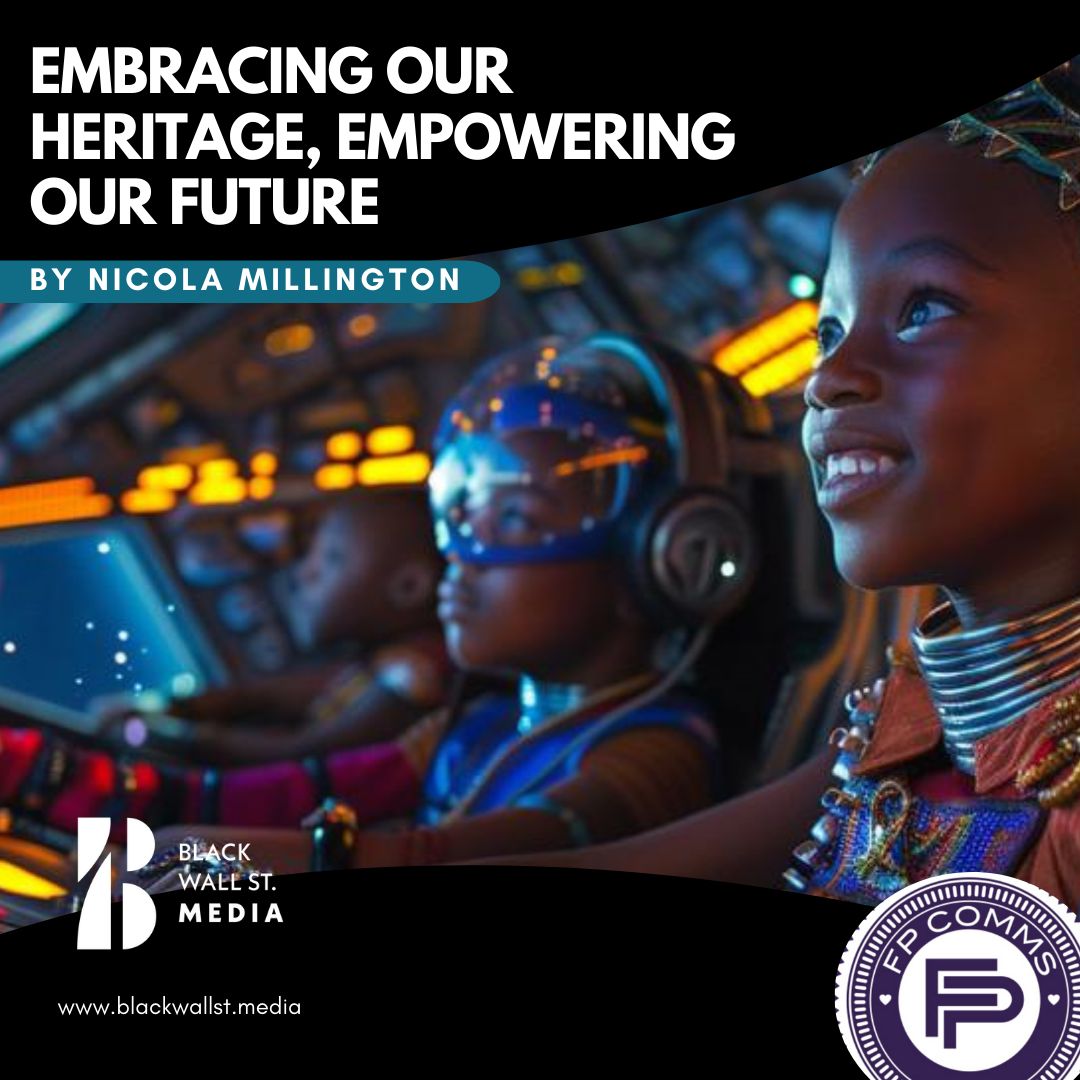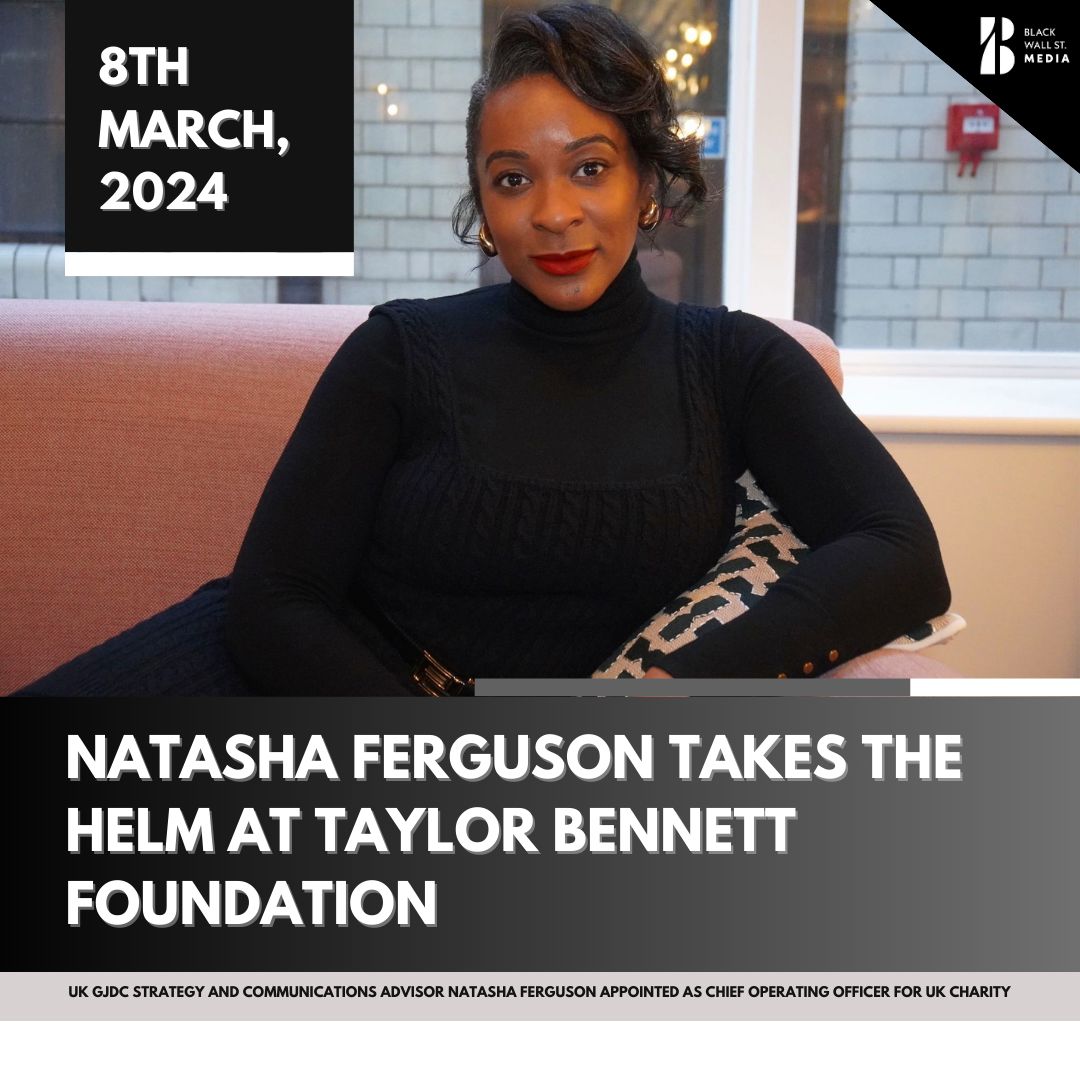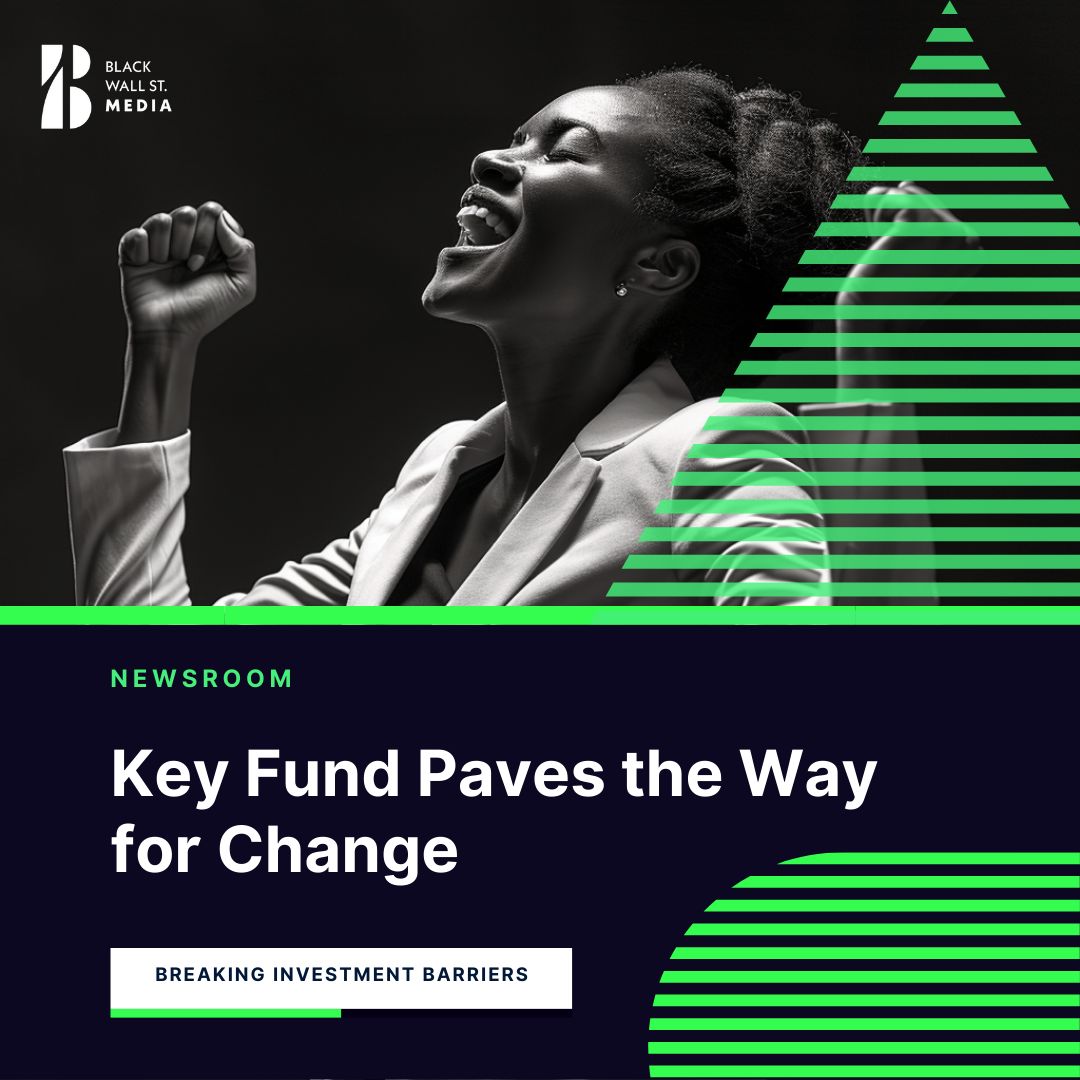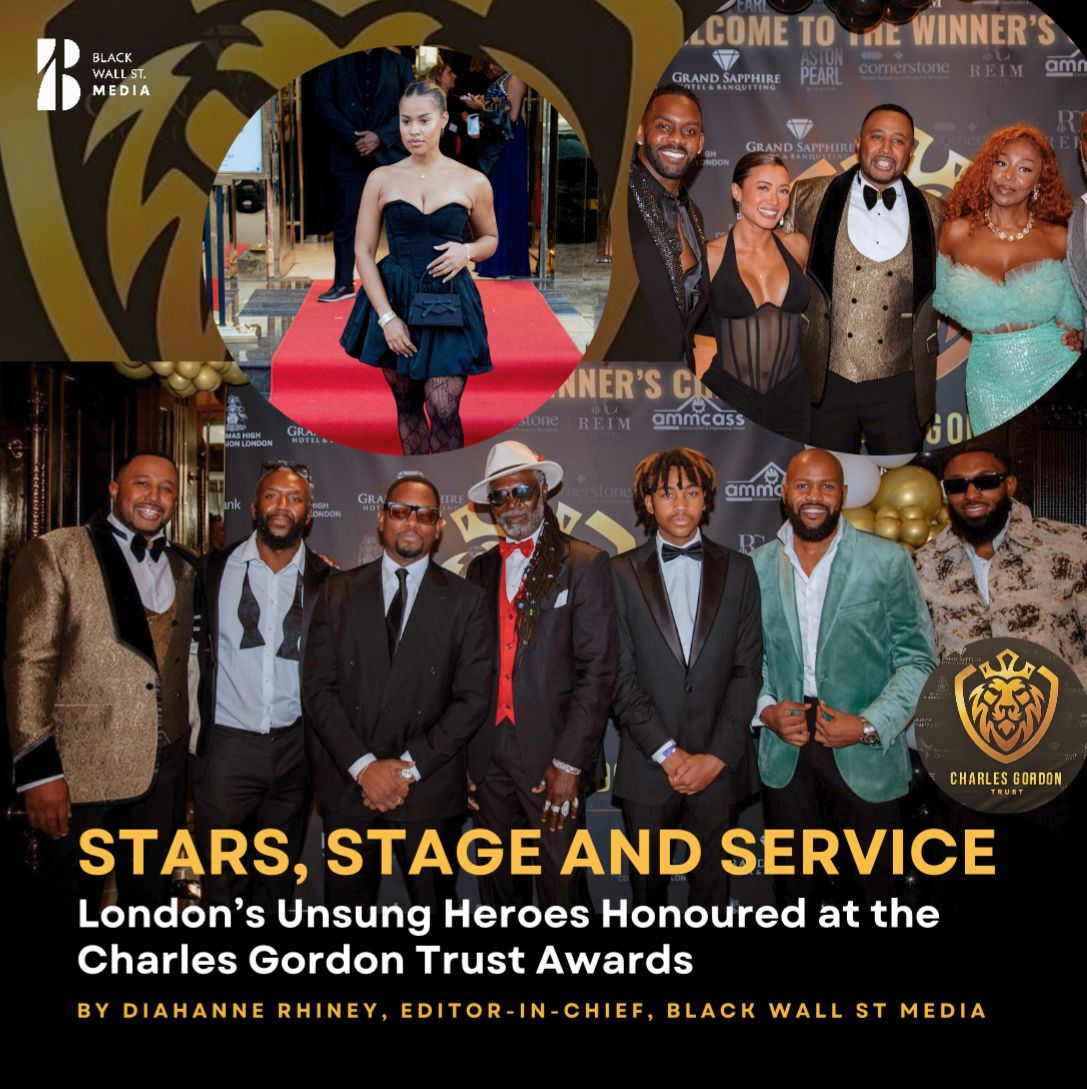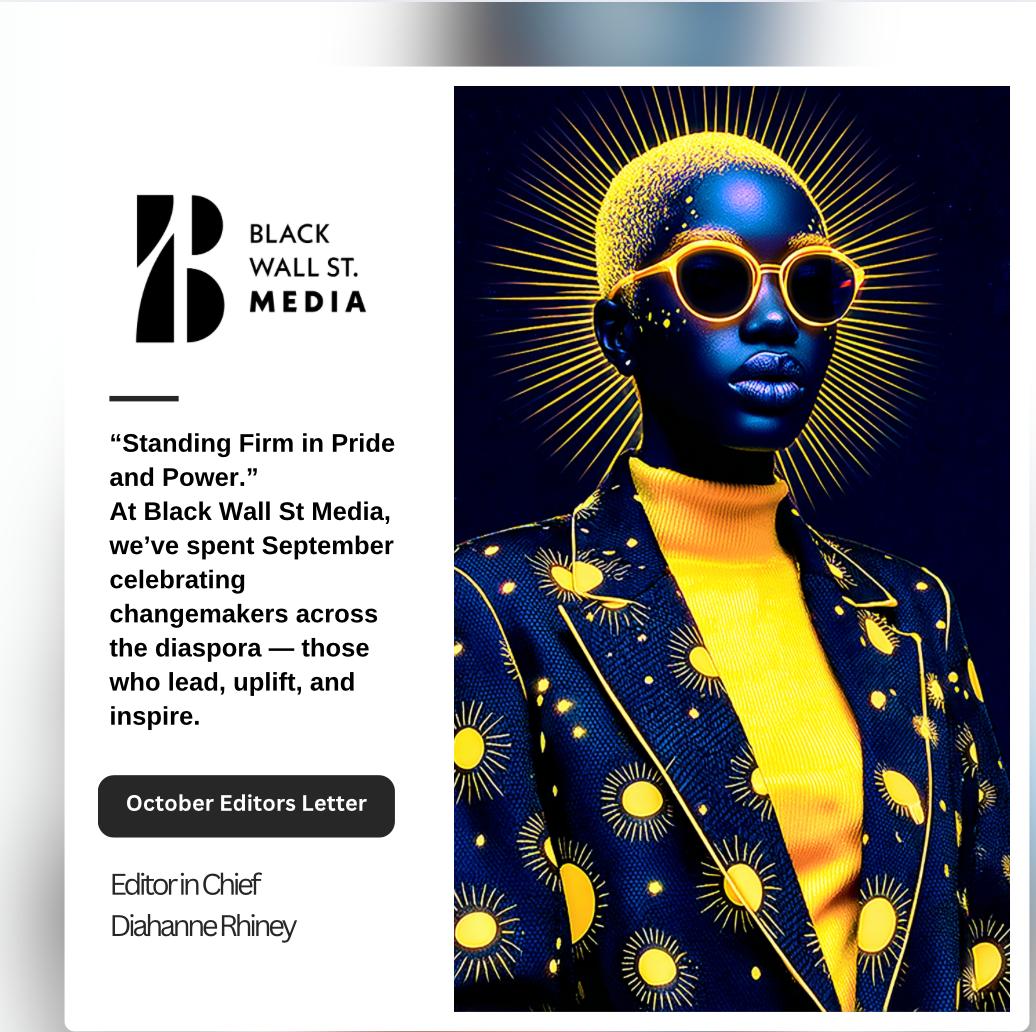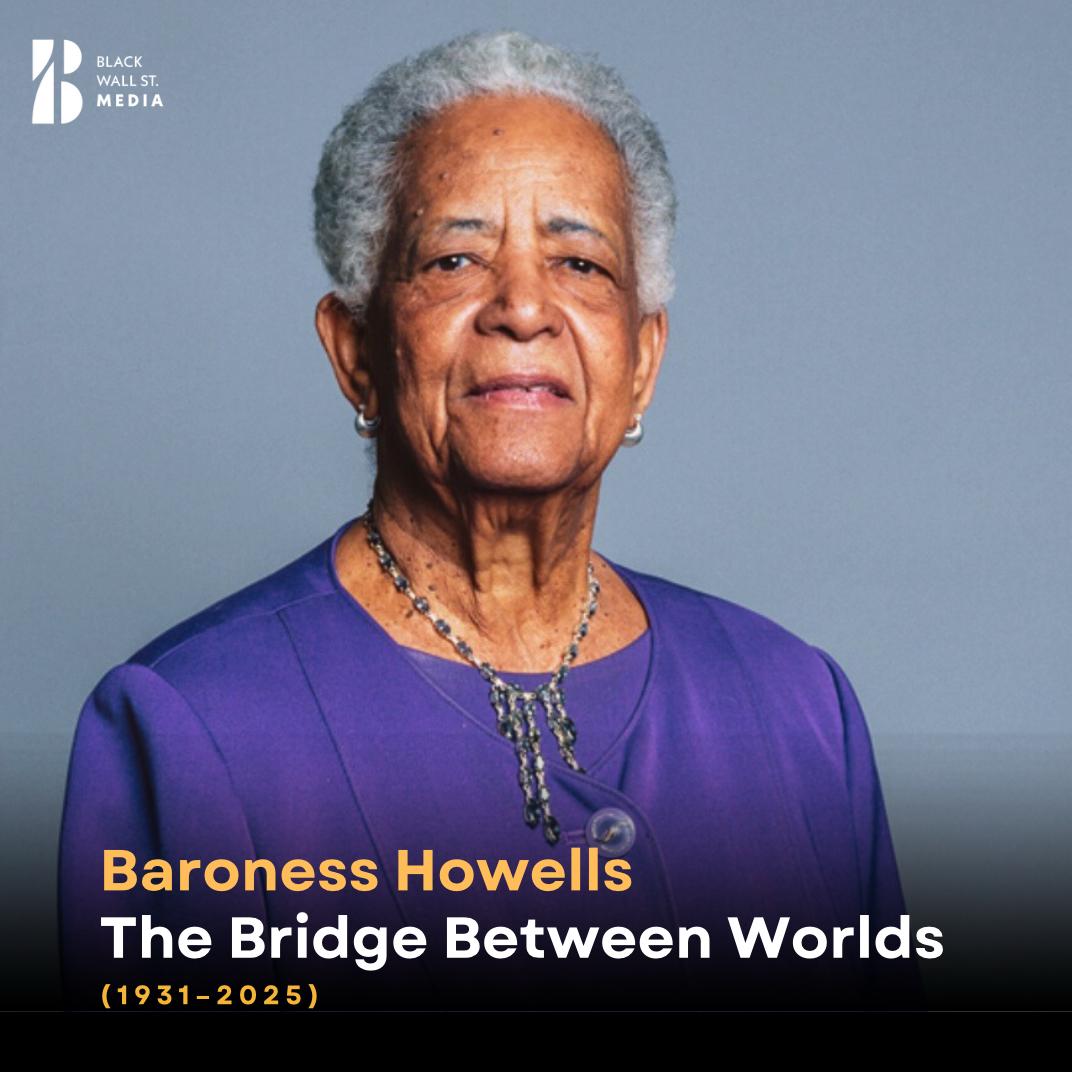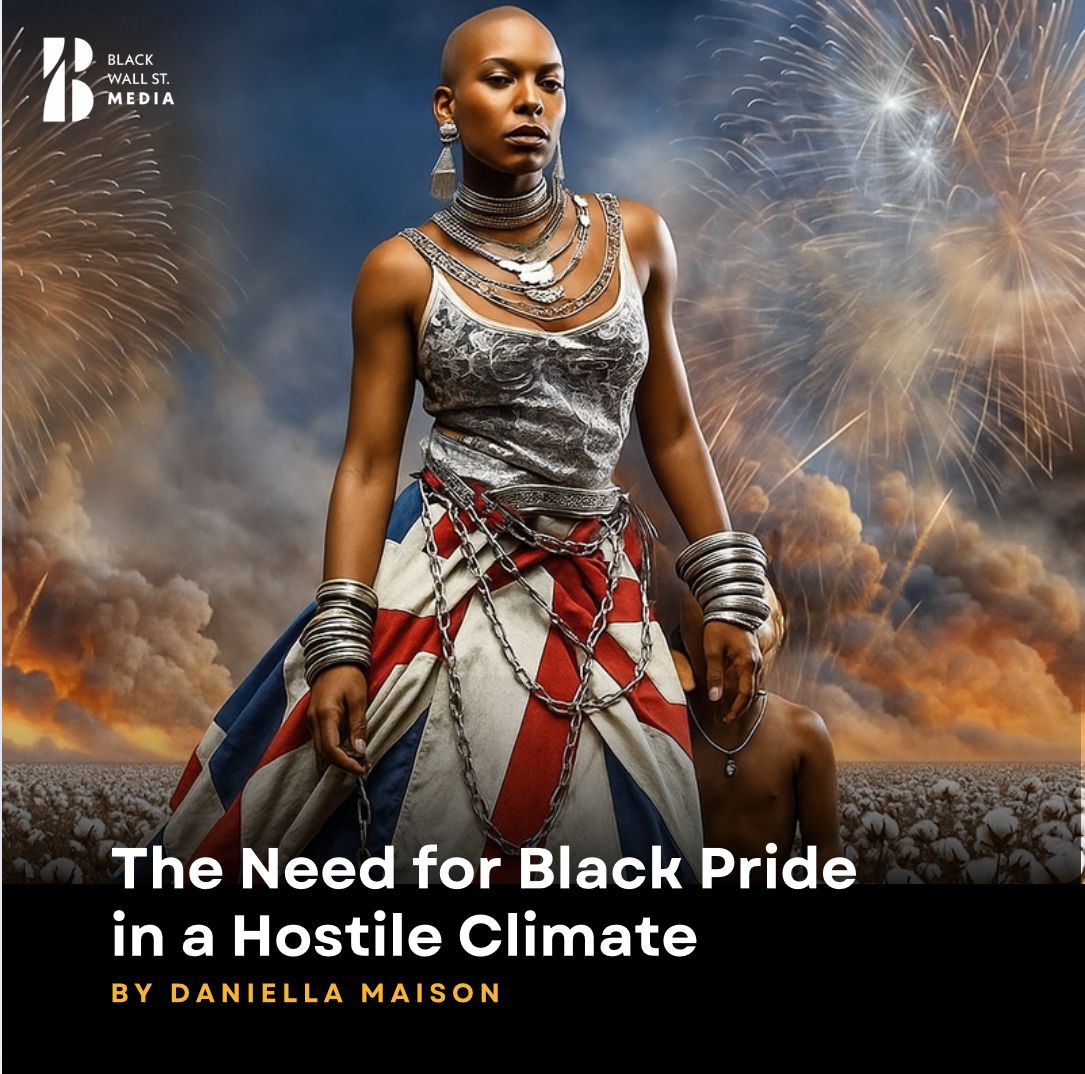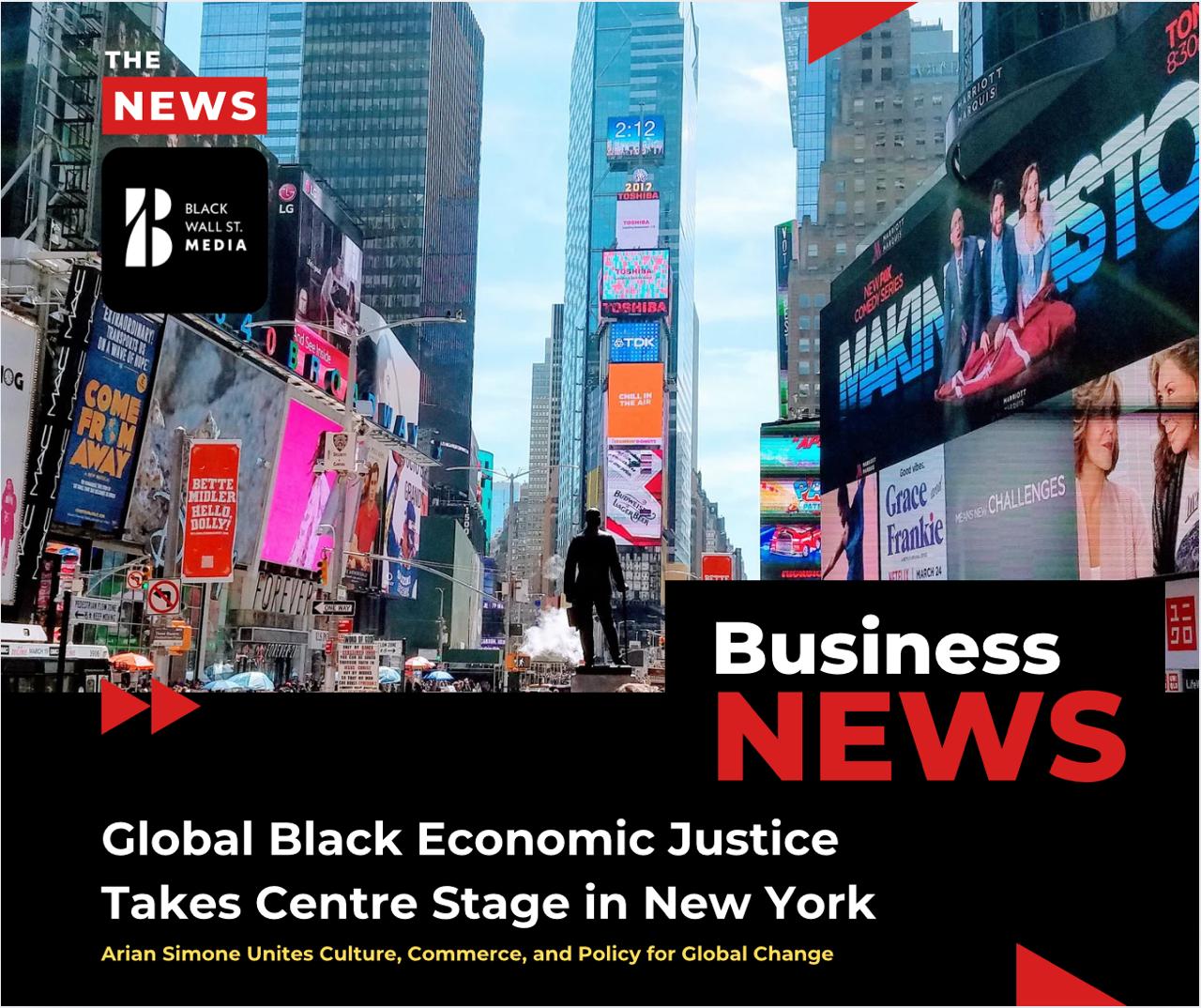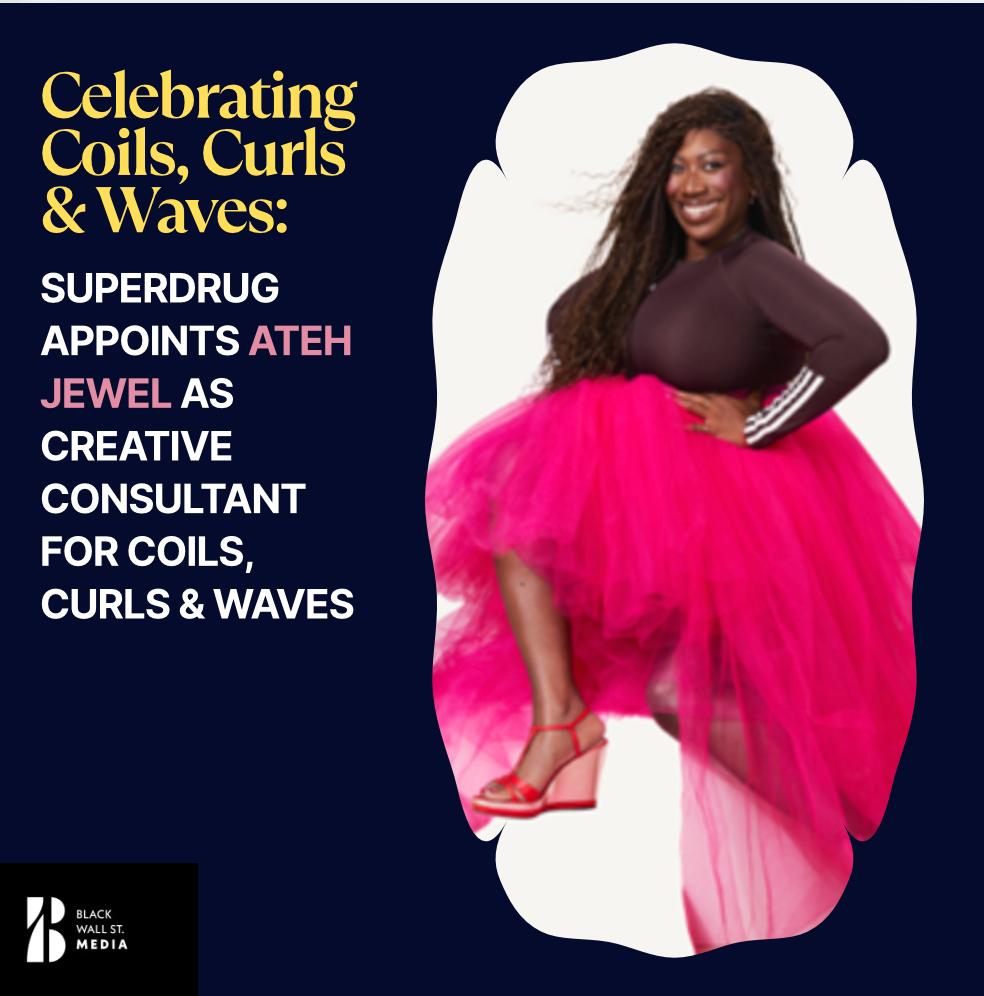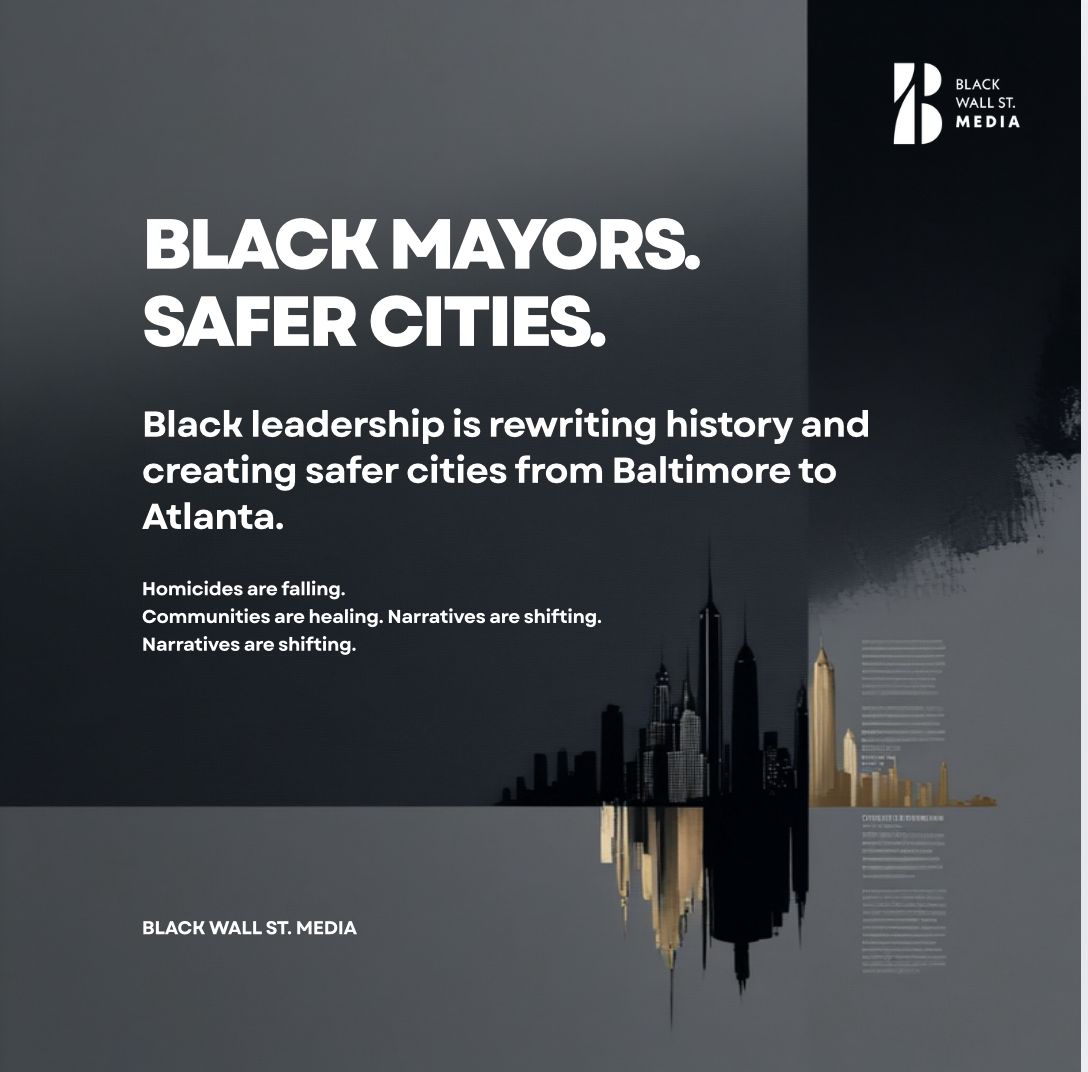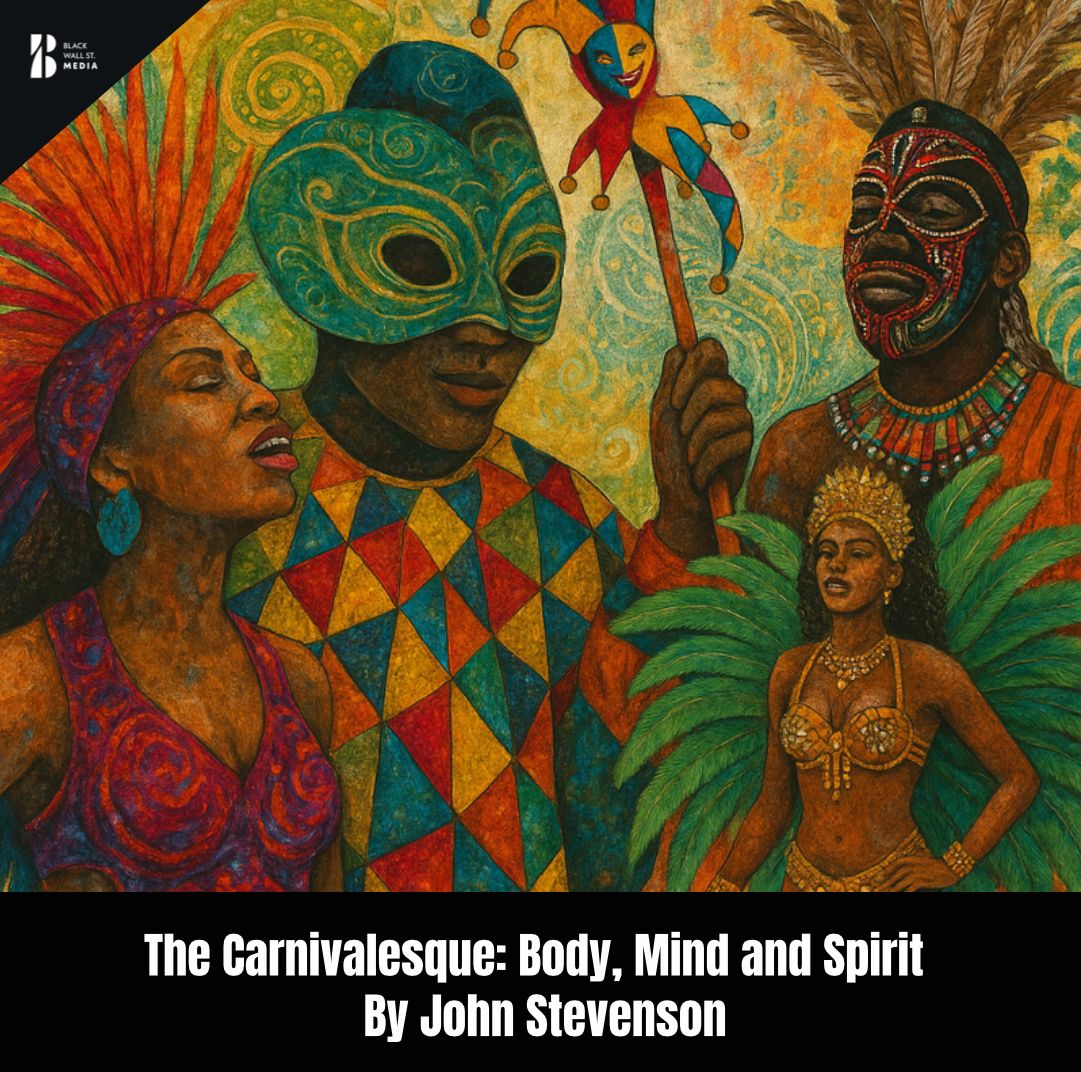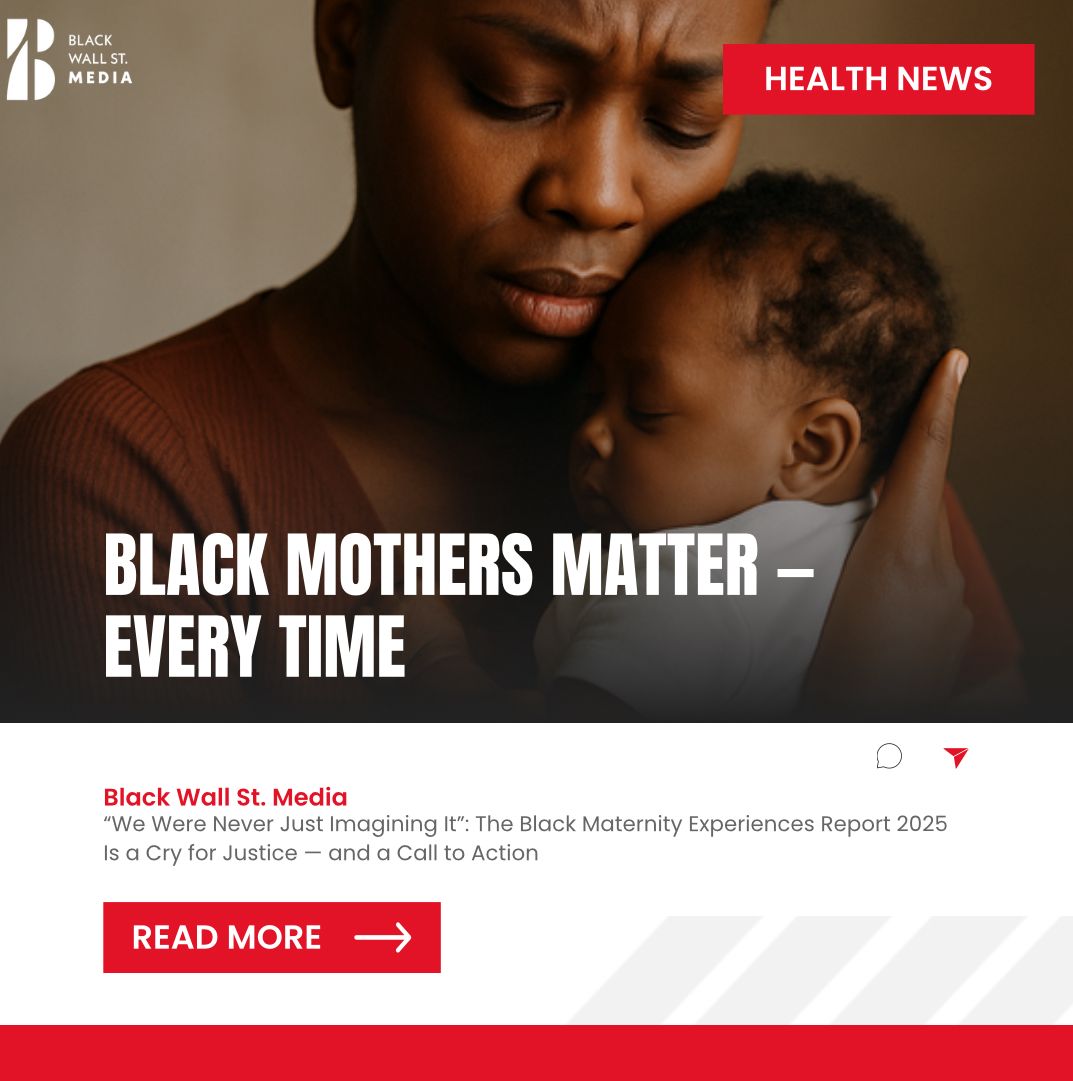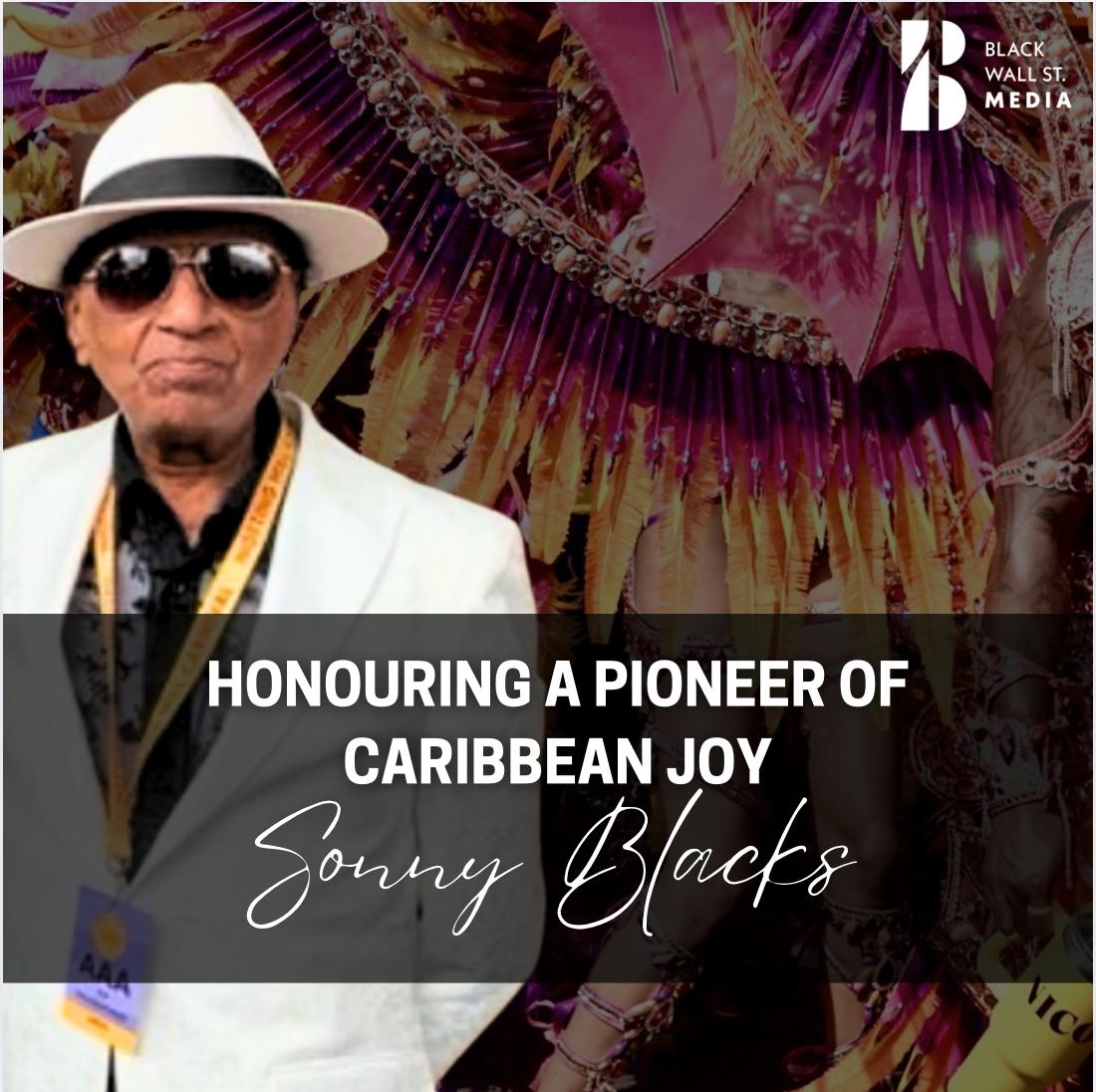Finance & Wellbeing
Rethinking wealth for ourselves
“We’re thrilled to share Krystle McGilvery’s debut article, “Beyond the Hustle: Rethinking Wealth for Ourselves.”
Krystle McGilveryBehavioural Finance Editor
Most of us were taught to chase wealth, not wellbeing. In this powerful piece, Krystle a Chartered Accountant blending finance, behavioural science, and psychology explores how rethinking our relationship with money can lead to greater clarity, confidence, and purpose.
Drawing on over a decade of experience and deep personal insight, she breaks down the three dimensions of money wealth, abundance, and prosperity and reveals how balancing them can help us live more intentionally and with ease.
“When people stop using money as a mirror for their identity and start using it as a resource to live intentionally, everything changes.”
Read the full article now on Black Wall St. Media”
We design A Perfect Fit for Black Women
We’re breaking barriers of one-size-fits-all culture of mainstream fashion to a more customised fit for you.
Contemporary African design
54kibo brings you exclusive luxury African decor for the home, office and other lifestyle spaces.
WHERE HERITAGE HITS HOME
The Cornrow is a homeware curation dedicated to celebrating a modern Black aesthetic.
 Most of us were taught to chase wealth, not wellbeing.
Most of us were taught to chase wealth, not wellbeing.
Like many of us, I grew up with the norm being that money signalled one’s worth, but after working with hundreds of people on their finances and unlearning my own, I’ve seen how a simple reframe can change everything.
When people stop using money as a mirror for their identity and start using it as a resource to live intentionally, everything changes – how they work, spend and show up. In this article, I want to help you rethink money through the lens of wealth, abundance and prosperity and make three practical shifts to encourage money confidence and clarity.
The Three Dimensions of Money
Wealth, abundance, prosperity.
We often talk about wealth as if it addresses everything: money, success, comfort, status. But these words highlight very different aspects of money.
- Wealth: think accumulation, assets, responsibilities, sometimes complexity.
- Abundance: this is about feeling like you have enough, being resourced, grounded.
- Prosperity: think flow, generosity, purpose, and the freedom to live aligned with your values.
Wealth fills your bank account, abundance calms the spirit, and prosperity facilitates flow – the aim is to balance all three.
My Journey: The Reframe in Practice
I didn’t grow up with wealth or access to networks or role models in finance. Instead, I was raised by a single mother and learned early on that money shapes opportunity but not how to navigate it, so I floated through the early years accumulating liabilities and not building for the future.
By the time I was 28, I had bought my first property on a £25,000 salary – not because I earned a lot, but because I was determined to make it work. I stopped waiting to feel ready, decided what I wanted and started challenging what I thought was normal and experimenting with what I thought possible. To do this, I sought real examples of other success stories and chose to believe this was also for me – I could have it too.
In my career, I noticed how confidently others (mostly white men) negotiated and decided I would do the same. I began asking for what I was worth, requesting larger pay increases than I had ever before, adding zeros to client budgets, and eventually speaking for global brands such as Moonpig, Farfetch and the Guardian, and on stages in front of hundreds of people.
These moments weren’t about money; instead, they were about reclaiming my agency and reframing what money was. I decided the restrictions I had learned about money were no longer true and that the purpose of money was not just to look good.
The decision to shift how I saw money was not purely internal. It also had a major impact on my external world. How I spoke about money changed, the way I related to my peers changed, what I spent my money on changed – and people noticed. When you make these internal changes, you may also experience external shifts – navigate with care and remember we are all on our own journey.
Where People Get Stuck
When I work with a client, I often find that some of the sticking points that create money blockages are centred on one or two of the following scenarios.
They might be too focused on wealth and not consider abundance. This might show up as being very financially driven – working late hours, funnelling every penny into savings and investing – to the point they have nothing left to enjoy, or trying to increase their income by any means possible. They likely have a very volatile nervous system, they’re always on edge and cannot imagine an end in sight.
Can you think of someone you know who is fiercely focused on accumulating wealth but doesn’t seem to invest in themselves? You may describe them as not “living” or too serious when it comes to work.
Another typical case is someone who is deeply focused on prosperity and missing out on wealth. Their time is spent cultivating calm, comfortable and simple spaces. They lean very strongly into ideas about freedom, often giving over and beyond to others, and are underearning. They leave no time to accumulate wealth and find themselves struggling to manage financially.
If we reflect on the history of our people, the systemic challenges we face and the state of Black economics, it is easy to understand why this balance has not been maintained. The 2020 Runnymede Trust Report, The Colour of Money, highlights that Black African and Bangladeshi households have ten times less wealth than White British people. The need to prove ourselves, work “twice as hard” and, as a result, neglect our wellbeing is part of the reason we are here.
Wealth, abundance and prosperity are not competing ideals; instead, they’re connected aspects of financial wellbeing. The goal isn’t to choose between them, but let them work together. Build wealth to maintain prosperity. Protect your abundance so you can experience prosperity. Prosper so your wealth has meaning.
I see abundance as the foundation of both wealth and prosperity. To get to a place of feeling like you have enough, regardless of the wealth you have, is life-changing.
Below I share three shifts that supported me in bringing these new ideas into everyday life – how you earn, spend and think about money.
Three Ways to Rethink Money
See money as a tool, not a trophy
Money is not a measure of who you are. It’s a resource that helps you live with more ease and intention. Use money to buy time, comfort and choice, not validation.
This often involves reflecting on where you spend your money, understanding the reasons behind your purchases and questioning whether they are truly for you or for others. Ask yourself:
“Does this spend align with my values?” or “When I look back on my life, will I be happy with where and how I allocated my funds?”
When we choose to chase money to prove our worth, it tends to control us. When we use money as a tool, we control it and where it goes.
Know your “enough”
Abundance begins with enoughness, the calm knowing that you are fully resourced and that accumulating more is not always better. It is both emotional and practical – part internal trust and external calculation.
You can do this by taking the time to identify your “enough number”: the income and savings that will allow you to have the lifestyle you need that aligns with your values – this is often much less than you think. Once identified, build towards those figures with awareness, not stress and anxiety.
This number is better calculated after you are clear on your values and life vision. Ask yourself:
“Is this lifestyle I am working towards really what I want, or am I doing it because it looks good?” and “Is what I am working towards really that important?”
Not knowing your enough number will have you feeling like you are working to no end, saving and running around in circles. When you know and trust your number, you stop overspending to feel worthy and overworking to feel safe – you now know what you are working towards and it feels right at the core. You make money decisions from fullness, not fear.
Move your money and let it work
Research on scarcity shows that when resources feel limited, people’s decision-making bandwidth narrows, often leading to overfocusing on accumulation or underinvestment in structural wealth (Mullainathan and Shafir, 2013).
Many of us were raised with a scarcity mindset and equate safety with holding on to cash. For example, you may think it best to save all your money and not invest, but savings without a clear purpose are simply fear disguised as prudence. (I know how this feels – I once had almost £100k in savings for several years.)
To truly use money as a tool, your money needs to move – grow, circulate and create value.
This movement might be investing or reinvesting in yourself through learning something new. The distinction here is using your money to accumulate assets (things that increase cash) instead of liabilities (things that drain cash). Focus on purchasing assets that will work hard to cover the costs of your living and beyond – this creates financial freedom. If you spend money on things that drain your cash, you will end up having nothing or a lot of debt.
Money is energy, and circulating your money builds positive energy to return to you in new forms.
Shift the Meaning
Behavioural economists have been clear for decades, we don’t make financial decisions rationally, we make them emotionally. Real transformation isn’t found in learning more money facts; instead, changing the underlying meaning of money itself. When you shift the meaning of money, you shift from survival money to intentional money.


